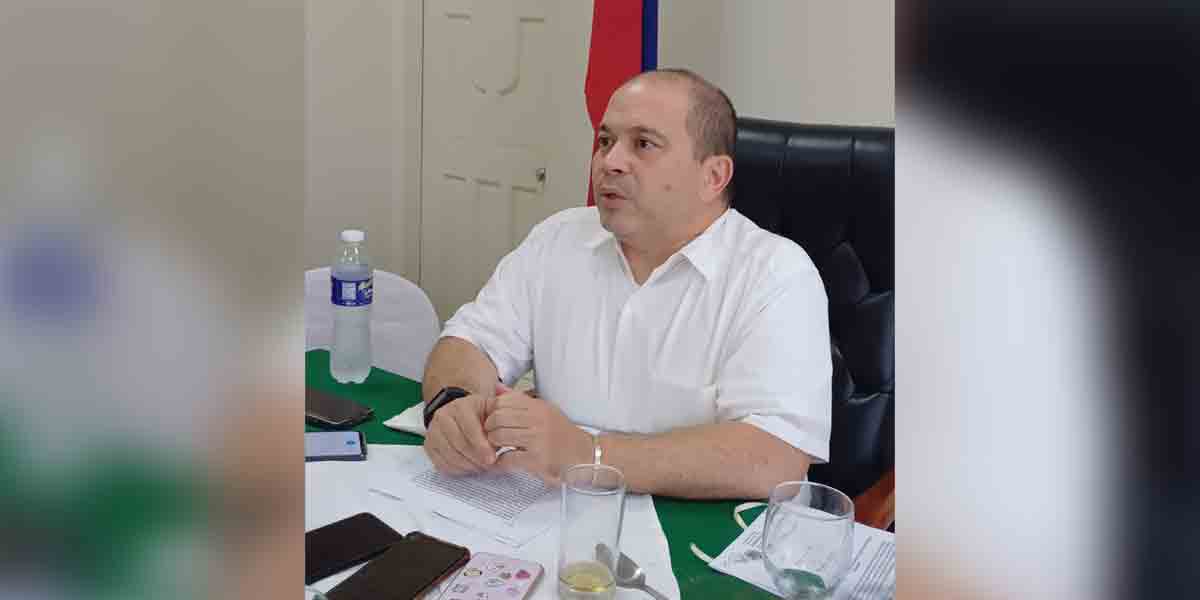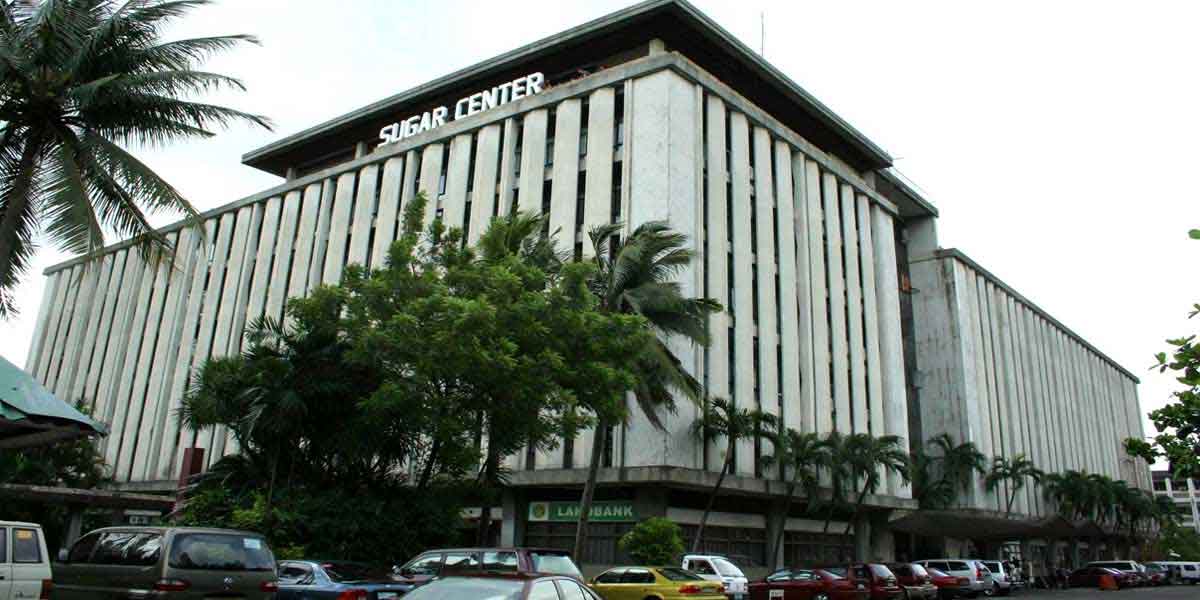The streets of the Philippines have once again come alive with tarpaulins and posters, endorsing political figures well before the 2025 campaign period officially begins.
These early displays are nothing new to the electoral landscape, but they raise an uncomfortable question for the public: if the campaign hasn’t started, why are candidates already flooding the public space?
The answer lies within a loophole in the law. Under Section 80 of the Omnibus Election Code, premature campaigning is prohibited.
However, the 2009 Supreme Court ruling in Penera v. Comelec clarified that this prohibition only applies once the official campaign period has started.
With the enactment of Republic Act 9369, amending Republic Act 8436, candidates are only recognized as such on the first day of the campaign period, essentially freeing them to engage in political promotion beforehand.
This legal interpretation has hamstrung the Commission on Elections (Comelec), which can only enforce premature campaigning prohibitions after the campaign period begins.
Comelec-6 Director Atty. Dennis Ausan admitted that, despite public frustration, the commission’s hands are tied. “We see a lot of tarpaulins in various sizes from national and local aspirants, but we cannot do anything,” he lamented, citing the need for legislative reform to fully enforce Section 80.
Comelec Chairman George Garcia has expressed hope that this legal constraint could be reexamined, advocating for an amendment or judicial challenge to empower the commission. But until such changes are enacted, candidates will continue to use every legal avenue to advance their visibility.
For the electorate, this offers an opportunity. Instead of passively accepting the barrage of early endorsements, voters should shift their focus to evaluating candidates on real issues.
Comelec, while restricted in policing early campaigning, could play a critical role in voter education, empowering Filipinos to question these aspirants about their policies on vital concerns—poverty, inflation, infrastructure, and social welfare.
A crack-down on early campaigning will remain elusive as long as candidates find ways to circumvent the law.
But a more informed and critical electorate can make an end-run around political manipulation. An empowered voter base would hold candidates accountable on issues, not empty visibility, rendering premature campaigning less effective.
As the 2025 elections approach, it’s high time that Comelec and civil society invest more in educating Filipinos on their electoral power.
Candidates may seek every loophole to bolster their campaigns, but an informed voter is ultimately their most formidable obstacle.




















